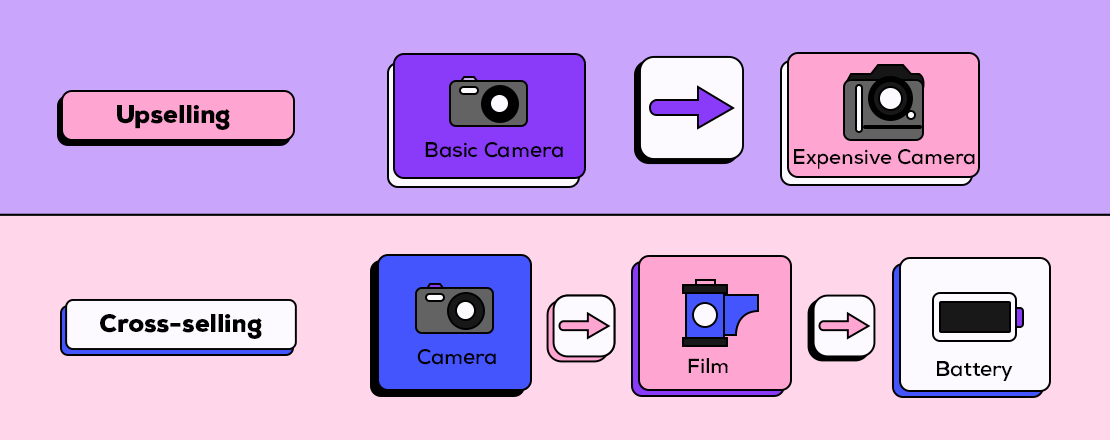Fintech has been a buzzword in the world of finance and has the capability to extend financial inclusion, improve the daily lives of people, and spur growth.
COVID-19 has become an unexpected catalyst for tech adoption globally. A recent report shows that we have vaulted five years forward in consumer and business digital adoption in around eight weeks. Online activities and transactions are no longer a matter of convenience but a necessity, triggering a massive rise in the importance of fintech.
Banks are launching digital channels so that customers can bank from home, and they can provide extra support to borrowers in distress. Senior citizens are adopting QR payments and digital banks for the first time. Schools are conducting classes through teleconferences. Grocery stores have shifted to online ordering and delivery. Doctors have begun delivering telemedicine. The list goes on.
As people adapt to a digital lifestyle, so too will they expect the same convenience and seamless experience from other areas of life, including financial services. Fintech has been a buzzword in the world of finance and has significantly shaped various areas, including banking, insurance, and investments. It also has a unique capability to extend financial inclusion, improve people's daily lives, and spur growth. Anticipations are that the fintech domain will play a very crucial role in the post-COVID-19 world. And for that to happen, the fintech industry needs to evolve and adapt to this new scenario.
Below are a few ways you can expect fintech companies to stay relevant in a post-pandemic world, where the ‘new normal’ will be predominant.
Blockchain Startups to Innovate
Blockchain has been there in every fintech report over the last few years. It is essentially a technology that makes a computer file immutable and allows its widespread distribution. This technology is disrupting the financial services industry as it has the potential to save billions of dollars annually.
A lot of trends are emerging in blockchain technology, and financial institutions are using it for smart contracts, digital payments, identity management, and trading shares. But, in the long term, it holds the power to change the dynamics of the industry. An economic slowdown could fuel more security risks and incentivize companies to engage with such technology and explore areas that need improvement.
With the increment in digital transactions, data is prone to risk. Fintechs will have to educate customers about the risk and how to stay protected from fraud. For the same reason, fintech companies will also have to focus more on managing customer data safely and introduce new data security features. In this space, blockchain can immensely help in digital payment fraud detection by augmenting real-time transaction data sharing and agreement of all parties, thus eliminating fraudulent activities.
Why Fintech is Important to the Profitability of Financial Institutions
Fintech companies can help to improve the profitability and operations of traditional financial institutions. They can better serve functions like customer registration, account management, risk assessments, security checks, verification, and payment processing which require human involvement as they leverage their technical expertise and inside knowledge of banking systems. Before recent events, banks weren’t sure why fintech was important to them.
Now, with the added challenge of the COVID-19 pandemic, the importance of fintech in making credit more accessible has been brought to the forefront. Startups like Skeps can effectively tackle this as financial institutions and lenders can easily collaborate with multiple merchants and disburse funds across all credit tiers (prime, near-prime, and subprime). With credit-qualified customers, lenders can disburse more funds at lower acquisition and operational costs.
Fintech startups specializing in cloud computing, core applications, robotic process automation (RPA), and API development and deployment are getting lucrative, and few financial institutions are already scrutinizing firms that have sustainable business models and massive customer bases.
Reaching and Helping the Underbanked
Fintechs could help governments in providing financial services to people who lack access. Digital technologies are increasing the security, speed, and transparency of transactions and allowing for the development of sustainable financial products that are tailored to the needs of people with erratic or low incomes.
The rapid democratization of mobile money has already disrupted the financial services market in the regions that do not have adequate access to finance. The registered mobile money accounts have crossed 850 million across 90 countries, with $1.3 billion transacted daily through these accounts. This shows the already-prevalent importance of fintech internationally.
Developments have also shown that these accounts can provide a basis for more sophisticated financial services such as digital lending, insurance, advisory, wealth management, and many more.
Personalization Via Big Data and AI
The world has seen the use of big data and artificial intelligence (AI), and the involvement of big tech companies would further accelerate their integration in various spheres of the business. Financial institutions can now store, analyze, and drive insights from an unprecedented amount of data about customer behavior. If equipped with the right data, these technologies can offer highly advanced, personalized financial products and services to customers than traditional banking ever could.
Integrating a wide range of services coupled with AI-powered solutions could enable the right marketing experience for customers at the time when the information is most relevant and useful.
Importance of Fintech as a Young Sector
Fintech is a new sector and can quickly adapt to the changing nature of the world. The industry is figuring out efficient ways to operate and is well-placed to lead the transition towards remote working in the financial industry, proving why fintech is important moving forward.
Fintech firms could start automating many aspects of their business with robotic process automations (RPAs) and chatbots and de-prioritize the importance of physical proximity when making hiring decisions. Also, traditional institutions incur massive operational costs due to their vast physical presence. Fintech companies can operate at much lower costs, giving them leverage in the market.
A Path Towards a Mature Market
As the industry begins to mature, hyped-up investment cycles and first-mover advantages may wane. New entrants would need to prove the competitiveness of their ideas, and only viable platforms will thrive. As more specific problems start to come to light during the economic downturn, these startups and the investors who back them will have something concrete to tackle.
Startups with sound business models will become profitable and secure a place along with the traditional players in the industry as fundraising moves to support them as they grow.
To sum up, with fintech startups evolving to stay relevant, it will be a win-win situation for customers, and we can expect more fintech to be an integral part of our financial lives going forward.
Leverage the Importance of Fintech With Skeps
There is no more comprehensive platform for consumer financing than Skeps’ POS financing platform. This integration allows consumers access to a full library of financing options, including:
- Buy now, pay later (BNPL)
- Store credit cards
- Consumer loans
- Leases
We offer a variety of helpful features. One of those is omnichannel integration, meaning our platform can integrate with any website, app, or billing system. We also offer one-click financing applications to ensure a frictionless application experience and unmatched speed of approval to keep customers from getting stuck waiting for a response. We work with a network of quality lenders, which assures consumers that they will always be presented with the best offer possible.
Do you have more questions about the importance of fintech, or why fintech is important? Request a demo or contact us at support@skeps.com.















